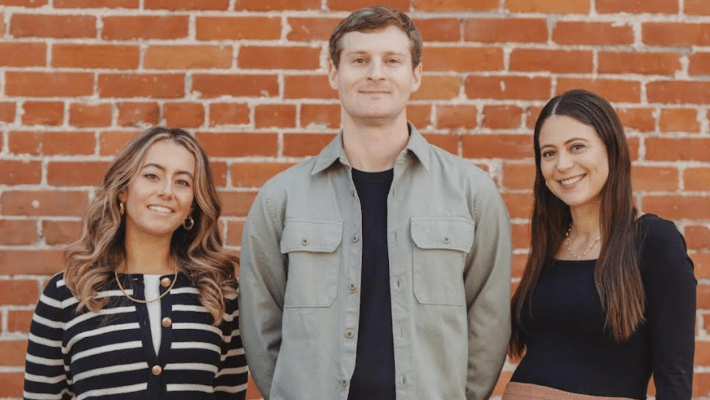
New technologies keep innovation going — however, when it comes to venture capital support for some of these earliest ideas, someone always has to be first. Dustin Rosen, managing partner at Wonder Ventures, is happy to be that “someone.”
A fixture in the pre-seed investment scene in Los Angeles and Southern California for a decade, Wonder Ventures has backed nearly all of Los Angeles’ unicorns, including Honey and Whatnot. Other notable investments include Clutter, Modern Animal and Tala.
“I looked around LA in 2013 and saw that there was this amazing community,” Rosen told TechCrunch. “It was really becoming a tech player in its own right, but lacked the early capital to help support those companies. Companies would get to a Series A level and go up to the Bay Area to raise from the big brand name funds, but that first million dollars was still — and I’d argue even today in 2024 — too hard to come by, and that’s where Wonder Ventures came from.”
Rosen has since added Valentina Rodriguez and Taylor Bolhack to the firm, which now has some new capital to deploy, securing $102 million in commitments across two funds: a $57 million Fund 4 for pre-seed, and a $45 million later-stage opportunity fund.
Rosen hasn’t made an investment from Fund 4 yet, however, he did make one investment from the opportunity fund into the Series A of property tax savings company Ownwell. The firm will write checks between $1 million and $1.5 million, Rosen said.
Over 60 limited partners support Wonder Ventures, including early employees and executives from such companies as Snap, Honey and ZipRecruiter, and come from those same LA and SoCal communities, Rosen said.
Wonder Ventures is the latest to inject additional capital at the pre-seed stage, an area where Rosen and other investors continue to be bullish. A few months ago, we saw more than half a dozen VC firms announce new funds — and more since then.
“Being a founder, I wanted to build this firm to think about what would an early founder truly want from the VC experience versus big funds,” Rosen said. “This is when founders need the most hands-on experience, helping them get from zero to one. From an investment side, we love being the first investor in the companies. We want to be the check that puts you in business, and no traction is not a problem.”
He also said that where other investors are focused on numbers and traction, Wonder Ventures’ differentiates by being focused on “great founders and big markets, and we’re not afraid to jump in before you even build any product.” In addition, Rosen looks for founders with domain expertise and unique, diverse experiences focusing on areas that others might not be looking at.
As to what Wonder Ventures can bring to the table, the firm’s Fund II, the first fund with institutional investors, has already returned more than twice its investors’ capital and is valued at more than 8.5x invested capital, Rosen said.
Meanwhile, the opportunity fund is Wonder Ventures’ first, continuing a trend we’ve seen in recent years of firms wanting to support their successful portfolio companies as they mature.
“It’s harder to get to the next round,” Rosen said. “It’s really in focus on supporting our best companies. We have 120 companies, and the opportunity fund will look back across all those companies at the Series A level. We’re so early that we want to lean into what we believe are the best opportunities at the still early stage.”
